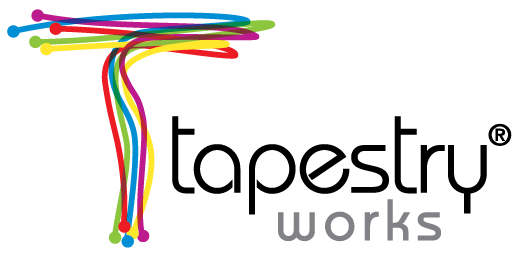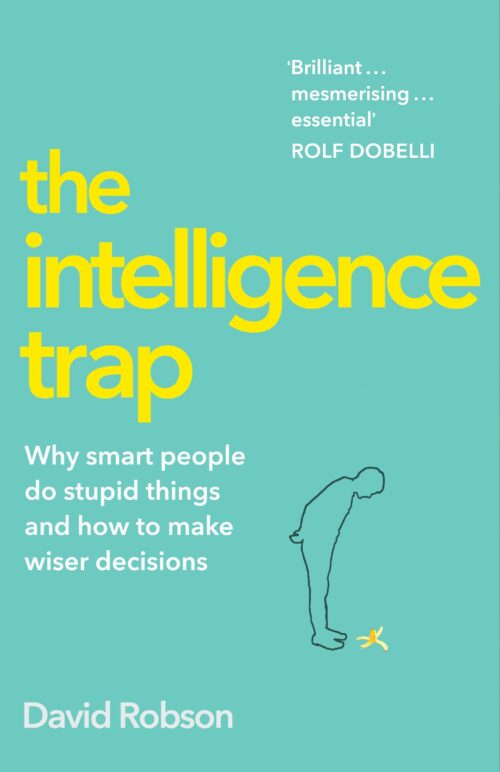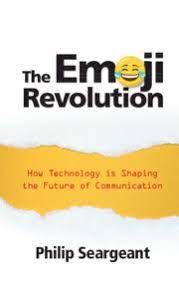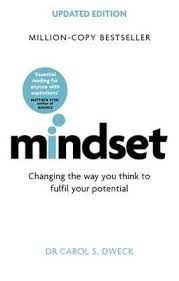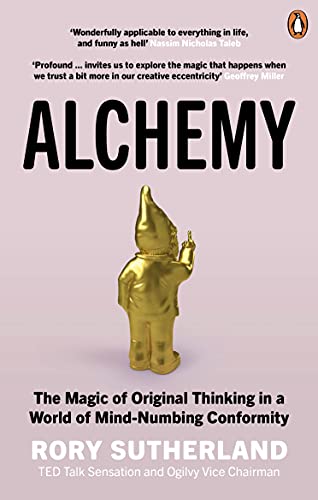Is it better to be an expert in one thing or have a broad spectrum of knowledge? This is the classic comparison of the fox and the hedgehog (thanks to Isaiah Berlin) which we have written about before (here’s Nate Silver’s take). I recently read an article which took one point of view while I was reading a book that argues the other point of view (or so I initially thought).
David Epstein’s recent book Range: How Generalists Triumph in a Specialized World, gives away his point of view in the title. He argues that although expertise often reflects superior “instincts” (pattern recognition) in a specific domain (think of chess and Gary Kasparov), that expertise is difficult to transfer to other domains and thus limited in its application.
Daniel Kahneman’s collaboration with Gary Klein led to the same conclusion. Such expertise is generally based on repeated patterns with rapid and accurate feedback (what they call a “kind” learning environment). In “wicked” learning environments, more typical of real-world problems, the rules of the game are generally less clear, and the repetition, timing and accuracy of feedback is not guaranteed, making learning much more difficult or even impossible.
He argues that combining human big picture thinking (strategic thinking) with a computer’s tactical prowess (tactical thinking is the key to winning a chess game if you have enough data) may be a good solution. Otherwise, solving many of the more complex problems in the world often requires people to step outside a specific domain of exertise and find analogies from different knowledge sets.
Innocentive is a website that thrives on “outsiders” solving problems that “insiders” cannot solve. Philip Tetlock’s work shows that superforecasters, who give better predictions than experts including intelligence analysts, are well-rounded thinkers with a broad set of skills, an appetite for learning new ideas, and an openness to being corrected and revising their assumptions.
In a recent column, Tim Harford follows Adam Smith’s arguments about the advantages of division of labour to increase productivity and that recent changes in the workplace, especially the availability of software to help with many previously manual tasks. This explains why productivity is declining, as we spend lots of time completing general tasks that previously would have been farmed out to someone who could do it more efficiently because of their specific skills (in typing, coordinating, analyzing, charting, etc).
Tim Harford says that modern computers and the software that comes with them means that highly skilled, highly paid people are wasting time making bad slides and booking travel tickets rather than focusing on their specialized skills. In reality, there is no contradiction between Harford and Epstein. Finding creative solutions to difficult problems benefits from a broad range of skills and knowledge. At the same time, spending time doing tasks outside your main expertise is not the most efficient or productive way to work (but that’s real-life, especially if you are working from home). Deep knowledge has its value and so does a broader set of skills. Both the fox and the hedgehog have their place.
REFERENCES
David Epstein (2019) Range: How Generalists Triumph in a Specialized World.
Tim Harford (2021) “Technology has turned back the clock on productivity” (https://timharford.com/2021/04/technology-has-turned-back-the-clock-on-productivity/)
